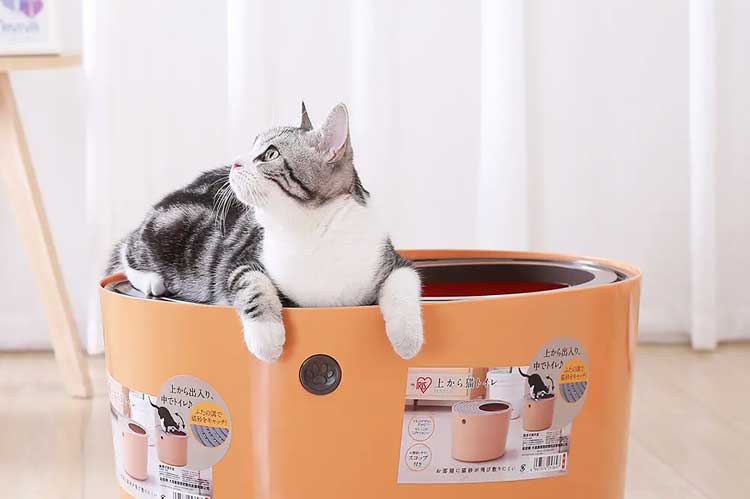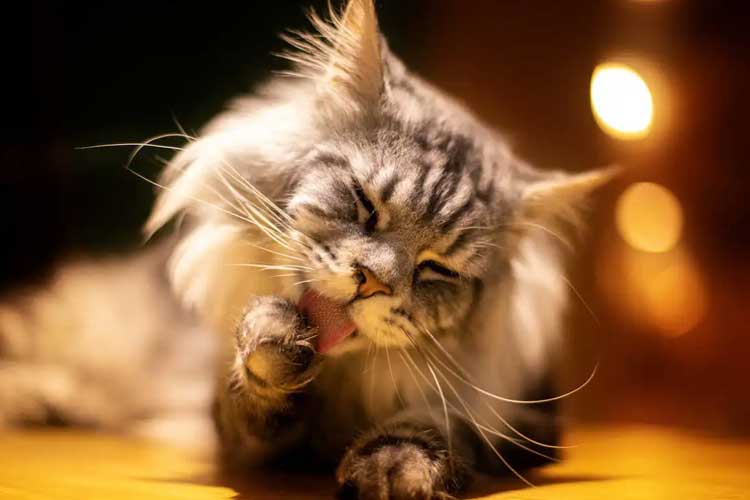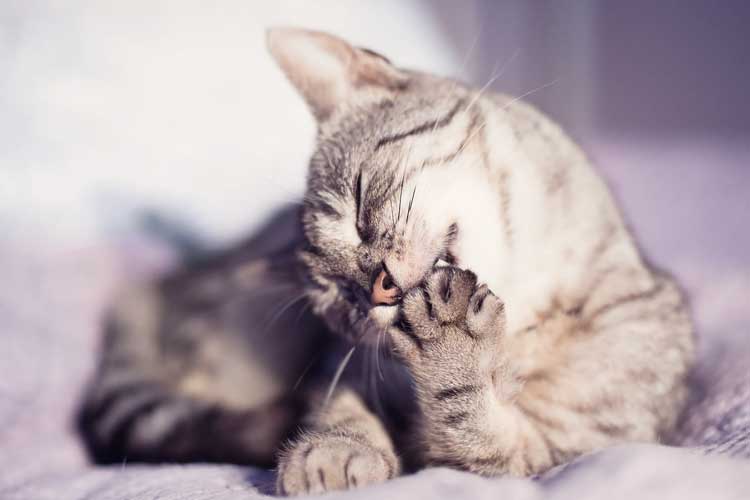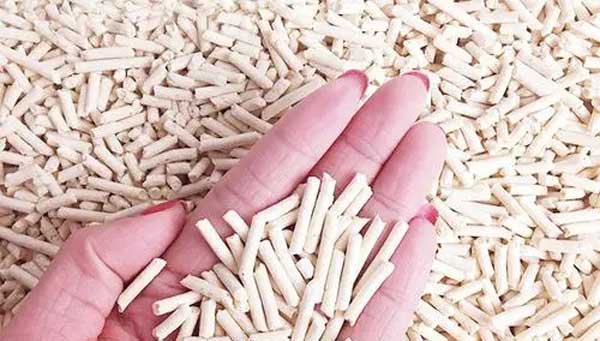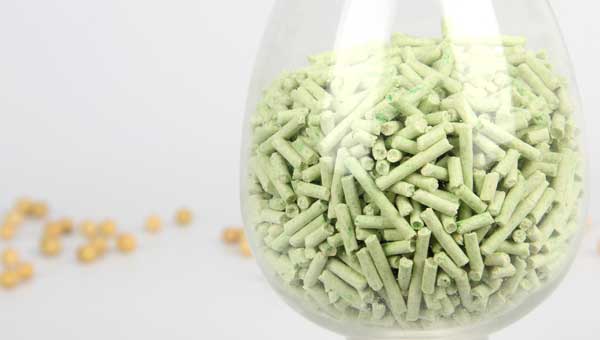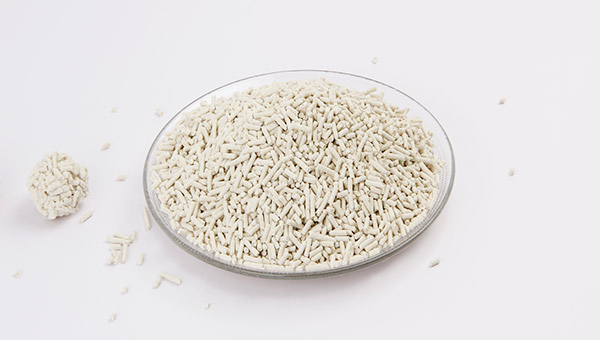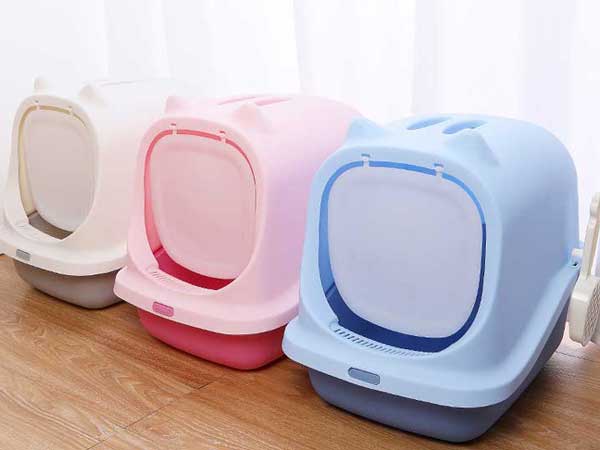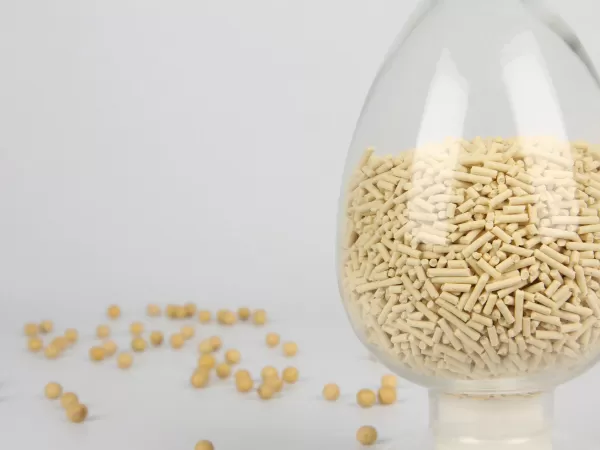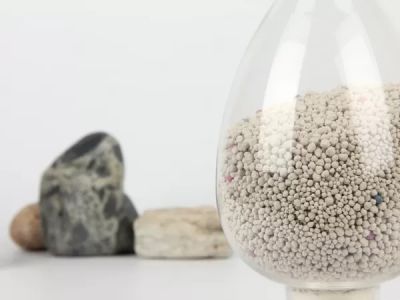Among domestic pets, cats can be said to be the most hygienic animals, and can even be said that cats have a little cleanliness. Cats like to live in a clean, warm, dry, bright environment. Cats always like to comb their furs clean whenever and wherever, especially after eating, going to the cat litter box, or accidentally stepping on a dirty place. The main manifestations of cats' cleanliness include burying poop, washing their faces, and licking their fur. Except for sleeping, various cleaning behaviors occupy most of the cat's daily activity time. Is there any reason for these cleaning behaviors in cats?
Why will cats bury their poop?
Unlike other pets such as dogs, cats will use a cat litter box and carefully bury their poop after excretion. This habit of cats gives us a lot of convenience in the daily feeding process. We're glad our cats have this habit, but we can't help but wonder, why are our cats so different. Why will our cats bury their poop?
When cats were not domesticated by humans in the past, the ancestors of cats lived in the wild and liked to live alone. In the complex wild environment, the petite body of cats has no advantage over those large beasts. In order not to be discovered by the enemy, cats must learn to hide their whereabouts. Cats bury their own poop and cover the traces they have left, thus avoiding detection by predators. Over time, this habit of cats has been retained until now, so many domestic pet cats will bury their poop after excretion. It has become a manifestation of people thinking that cats love cleanliness. Nowadays, most pet cats will use cat litter by themselves and rarely defecate anywhere, which saves cat owners a lot of worries.
Why will cats wash their faces?
I believe that many cat owners have found that cats have a habit of washing their faces, especially after eating food. Cats love to wash their faces as much as girls do with their daily facials. When cats wash their faces, they often lick their paws first and then use the licked paws to carefully and repeatedly wipe their faces to clean up their faces.
For cats, washing their face has many benefits besides cleansing, it can clean their whiskers. The cat's whiskers are an important sensory organ. Cats can perceive the size of the surrounding objects through their whiskers. If there is a hole, the cat can use the whiskers to measure it before trying to get in. Cat's whiskers can also help them perceive balance. Keeping the whiskers clean can maintain the sensitivity of the cat's whiskers and facilitate the cat to complete various difficult movements. At the same time, cats have nerve glands on their face. Cats can massage the nerve-sensitive areas of the face by washing their faces to promote gland secretion.
Why will cats lick their fur?
Cats spend more time each day licking their fur than burying their poop and washing their faces. Just like we take a bath, licking fur has a very important cleaning effect on cats. We love bathing with water, but cats don't, they usually bathe themselves by licking their fur. There are many small rough protrusions on the cat's tongue, which is the most suitable tool for removing dirt. Licking fur can remove loose hair from the cat's body, make the hair soft and smooth, and remove dust and dirt from the fur.
In addition to cleaning, licking fur can help our cat soothe its mood. During the process of licking, the cat can divert its attention and focus on licking itself; the cat will release the pheromone that reassures itself, so the pressure is reduced.
Cat licking fur can also relieve itching, but if the cat is licking to relieve itching, we should pay attention! Because it is very likely that cats have skin diseases, so they will lick their fur frequently. To determine whether this is the case, we need to make the following observations: whether the cat is licking a certain area too often; whether the cat's fur is abnormal, such as knots, acne marks, scabs, etc.; the cat's mental state
Cat fur is rich in cholesterol and ergosterol, which can be converted into vitamin D after ultraviolet radiation in the sunlight. Cats can absorb vitamin D and various nutrients converted in the sun by licking their fur. When cats lick their fur, they use the evaporation of saliva on the fur to dissipate heat. Sometimes, cat licking can just be a way to pass the boring time.
Although cat licking fur has many benefits, we need to pay attention to the fact that there are many barbs on the cat's tongue. When the cat licks fur, it is very likely that a lot of furs will into the stomach. These furs are not easy to digest. If the cat is outdoors, it will find some grass to eat, and then stimulate itself to spit out hairballs. For domestic cats, we need to feed some cat grass or hairball solution.

